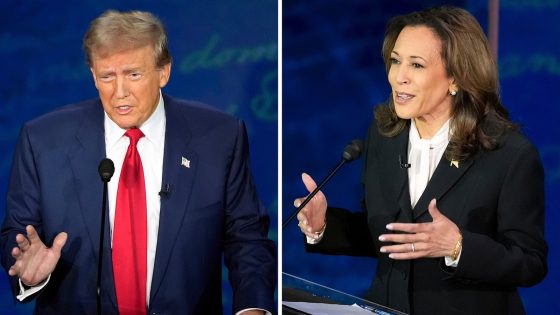Milan: Day-trippers to the fabled canal city of Venice who fail to pay €5 to enter the lagoon city’s historic centre during a time-limited pilot program launching later this month will face fines starting at 10 times the entrance fee, officials said.
Venice announced last year it would launch the long-discussed day-tripper fee after the city escaped being placed on the UN agency’s list of endangered heritage sites, due largely to the impact of over tourism. Officials have avoided calling it a tax, opting for softer words like contribution, and have downplayed the possibility of waits to enter the city, emphasising there will be no turnstiles or physical barriers.
But during a press briefing on Thursday (Friday AEDT), Mayor Luigi Brugnaro suggested lines could form at the official entry points, and used the word tax to describe the fee.
Tourists walk along San Marco pier in Venice, Italy.Credit: Bloomberg
Brugnaro said personnel have been trained to verify that tourists who are not staying in Venice have either a QR code confirming payment of the fee or an exemption voucher. Exemptions will be issued for a variety of reasons, including to access the city for work, school or medical care, as well as to people born in Venice, and residents of the Veneto region.
Venice has long suffered under the pressure of over tourism, but officials say pre-pandemic estimates ranging from 25 million to 30 million visitors a year – including day-trippers – are not reliable and that the pilot project also aims to come up with more exact figures to help better manage the phenomenon. By contrast, registered visitors spending the night last year numbered 4.6 million, according to city figures, down 16 pr cent from pre-pandemic highs.

Tourists stand in line to climb the bell tower of San Marco in Venice.Credit: Bloomberg
Visitors arriving at the main train and bus stations will first be met by stewards who will remind tourists of the new requirement and help anyone who hasn’t yet downloaded the QR code. Payment points will be set up for anyone without a smartphone.
Brugnaro said that anyone found beyond designated control points without the required documentation will be subject to fines. These will range from €50 to €300 (about $180 to $500), plus the maximum entrance fee allowed by law, set at €10.
“There is no tax without controls,” Brugnaro told foreign reporters in Rome.
Source Agencies


